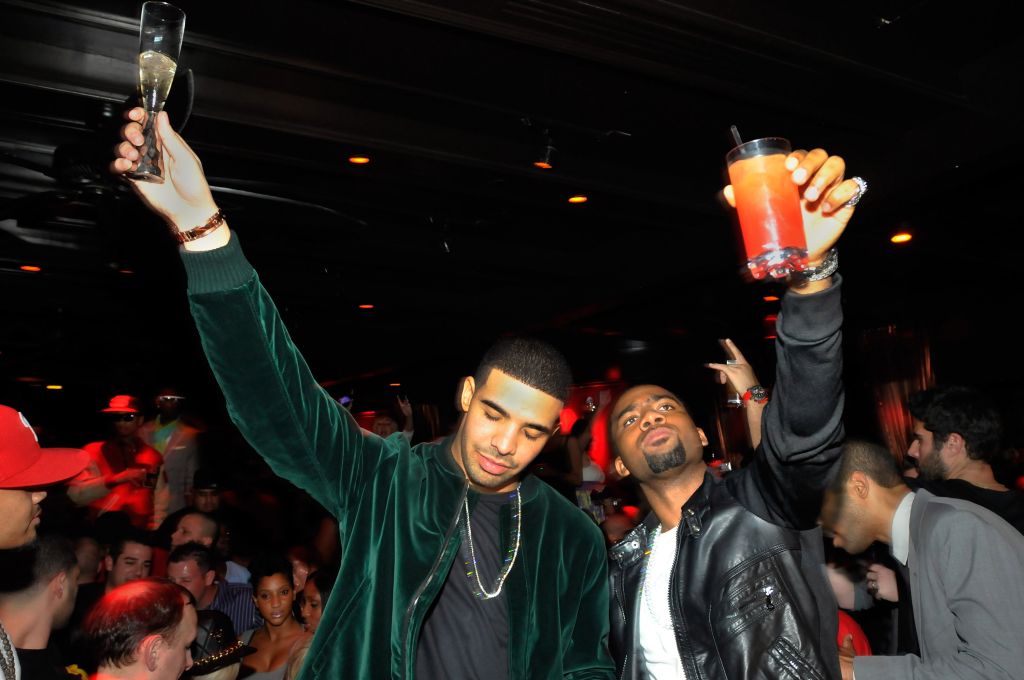Why Scientists Say the Ideal Age to Stop Clubbing Is 69

According to a new social behavior study out of Berlin, clubbing actually has long-term mental health benefits — especially for people who stay active in nightlife communities as they age. Researchers found that hitting the dance floor lights up the same parts of the brain linked to happiness, creativity, and social connection. People who kept going out past their 30s reported higher life satisfaction and lower stress than those who “grew out of it.” And when scientists concluded that the ideal age to stop clubbing is 69 — it wasn’t a joke. It was data.
Rolling Stone’s Top 10 Songs of the 21st Century!
Now, I don’t know about y’all, but I started clubbing around 19 or 20 — once I got into college. I wasn’t one of the teens sneaking into those 18+ nights, but once I could legally hit the scene, I made up for lost time. Back then, going out was about being with my crew. We’d all get dressed to the nines, take pictures before heading out, and hit the city as a squad. Those nights were about fun, friendship, and freedom — not a single care in the world besides what we were wearing and who was buying the next round.
As I got older though, clubbing became more of a habit than a lifestyle. When I was younger, we were the excitement — the life of the party. Now? It’s more about trying to find excitement — to escape the stress of work, bills, and all the adulting that never stops. Don’t get me wrong, I still enjoy going out with my friends, especially when there’s good music, good vibes, and a reason to celebrate. But the club scene doesn’t hit quite the same.
AI-Generated Videos of Deceased Icons Spark Outrage
When I first moved to Houston, the nightlife blew me away — it was bigger, better, and louder than anywhere I’d been. The energy, the people, the music — everything felt alive. But now that I’ve been here about seven months, it’s starting to feel… familiar. And by familiar, I mean that dent in your bank account. Let’s just say, the thrill fades quicker when you’re budgeting the next morning. So while scientists might say the perfect age to stop clubbing is 69, I can confidently say I won’t make it that far. I’ll still pop out for a special night or two in my 40s, but the weekly turn-ups? Those days are numbered. Maybe that’s not aging — maybe that’s just evolving with the music.















